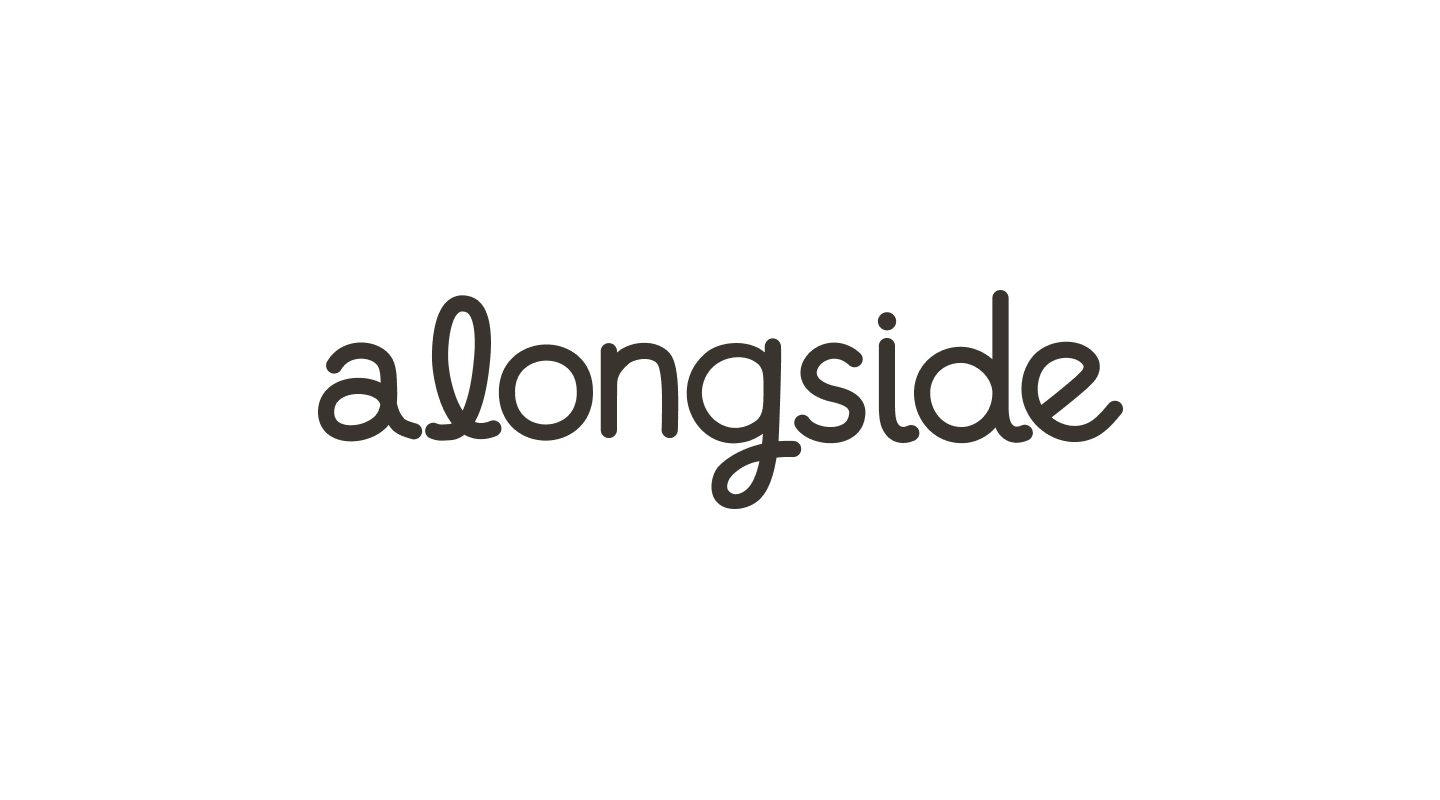
Alongside Releases New Data Report Illuminating Teen Mental Health Crisis
The mental health app for middle and high school students offers analysis of its platform data during Mental Health Awareness Month

The mental health app for middle and high school students offers analysis of its platform data during Mental Health Awareness Month
SEATTLE (May 8, 2024) – Alongside, a clinician-powered and AI-enabled mental health solution, today announces its first annual Pulling Back the Curtain on Youth Mental Health Report. The inaugural report aims to uncover timely factors contributing to the current teen mental health crisis as described by the app’s users—middle and high school students.
The study utilizes anonymized data from over 30,000 confidential sessions teens held on the AI-powered app during the 2023-24 school year. Most notably, analysis of the platform data showed that for over a third (36%) of chats, students wanted to process feelings and feel heard, outranking other session purposes like building a skill or receiving advice about a problem.
“There’s no disputing that today’s teens live in an ever-evolving societal and technological world that causes them a lot of stress and anxiety.,” says Dr. Elsa Friis, Head of Mental Health at Alongside. “Our findings clearly indicate that teens value a safe space to explore and process the world around them without judgment. Such a finding lays bare the simple importance of offering empathy and understanding as the foundation for providing support.”
Alongside’s report offers granular data about specific topics teens are seeking help on, documented in their own words. The study offers the following insights:
For more insights, the Pulling Back the Curtain on Youth Mental Health Report is available online.
“Our hope for this inaugural report is to help teachers, parents, counselors and school leaders better understand what today’s teens are going through,” says Jay Goyal, Founder & CEO of Alongside. “Only through their first-hand perspective can we best develop solutions that meet teen preferences—while also unburdening the limited supply of mental health professionals available to students.”
About Alongside
Alongside is a mental health app that provides personalized prevention and early intervention to secondary school students. Students can experience immediate relief with Alongside’s chatbot and in-app resources, which are created by a team of doctoral mental health experts and directly informed by evidence-based clinical models. The founders of Alongside previously founded Actively Learn, a K-12 digital curriculum company which was acquired by McGraw Hill in 2021. Alongside was founded in April 2022 to provide preventive mental health support to mitigate the youth mental health crisis. Learn more by visiting www.alongside.care.
Media Contact
Margot Toppen
margot@alongside.care
###
This is a sponsored message and does not necessarily represent the views of the Education Writers Association, its board of directors, or its members. Want to see your release on the EWA site? Promote it with EWA.
Your post will be on the website shortly.
We will get back to you shortly